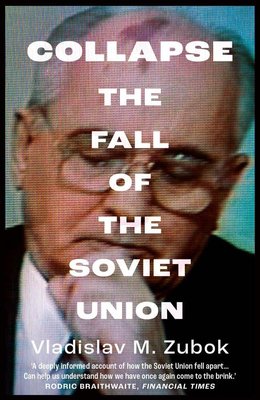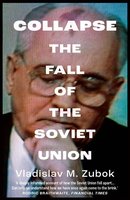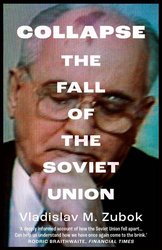Sanctioning Russia Is a Form of War. We Need to Treat It Like One.
The Russian political scientist Ilya Matveev recently described the impact of the West’s sanctions on his country as “30 years of economic development thrown into the bin.” He’s not exaggerating. Economists expect the Russian economy to contract by at least 15 percent of G.D.P. this year. Inflation is spiking. An exodus of Russian professionals is underway. Stories of shortages and long lines for basic consumer goods abound.
The U.S. and its allies have turned to sanctions as a way of taking action against Russia’s atrocities without direct military intervention. But to describe these sanctions as anything short of all-out economic warfare is euphemistic. Measures like these might be cloaked in the technocratic language of finance and economics, but the immiseration they cause is anything but abstract.
Nicholas Mulder is a historian at Cornell University and the author of the terrifyingly relevant new book “The Economic Weapon: The Rise of Sanctions as a Tool of Modern War.” In it, Mulder focuses on the last time economic warfare was waged at the scale we’re witnessing today, the period between World War I and World War II. And the book’s central lesson is this: We ultimately don’t know what’s going to happen when sanctions of this magnitude collide with the ideologies, myths and political dynamics of a given country. They could persuade the targeted country to back down. But they could also make it so desperate that it becomes more aggressive or lashes out — as Germany and Japan did on the eve of World War II.
So this is a discussion about what kind of weapon sanctions are, whether they actually achieve their goals and how they might shape the future of the Russia-Ukraine conflict — and the world. We also explore how sanctions “weaponize inflation,” whether they could lead to Vladimir Putin’s downfall in Russia, the toll they have taken on the Russian economy, how the West can leverage its sanctions to help bring about an end to the war in Ukraine, whether a European energy embargo could backfire, how this economic war is destabilizing countries around the world, the humanitarian crisis U.S. sanctions are helping create in Afghanistan, and what a foreign policy that didn’t rely so heavily on sanctions could look like.
This episode is guest hosted by Rogé Karma, the staff editor for “The Ezra Klein Show.” Rogé has been with the show since July 2019, when it was based at Vox. He works closely with Ezra on everything related to the show, from editing to interview prep to guest selection. At Vox, he also wrote articles and conducted interviews on topics ranging from policing and racial justice to democracy reform and the coronavirus.






